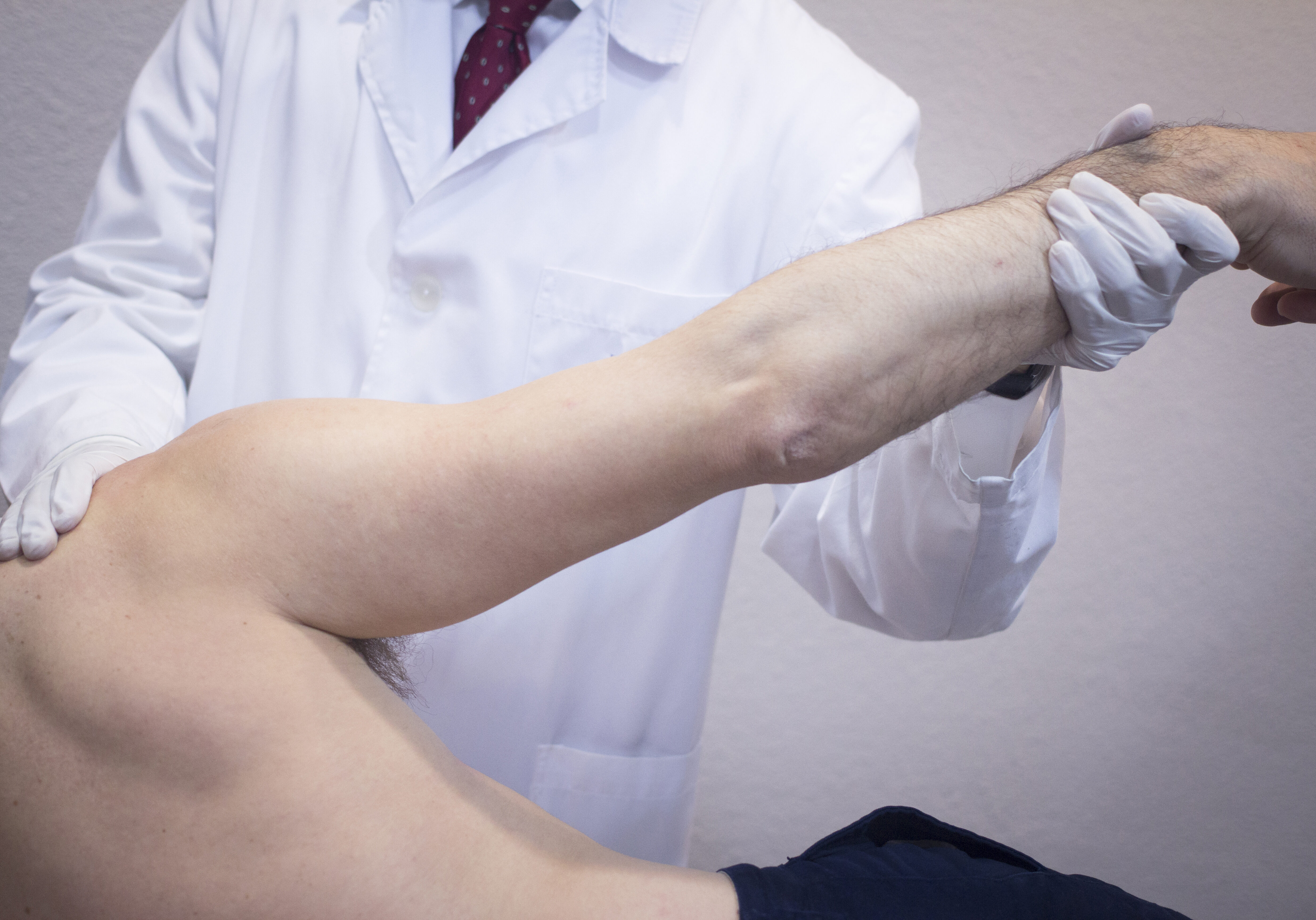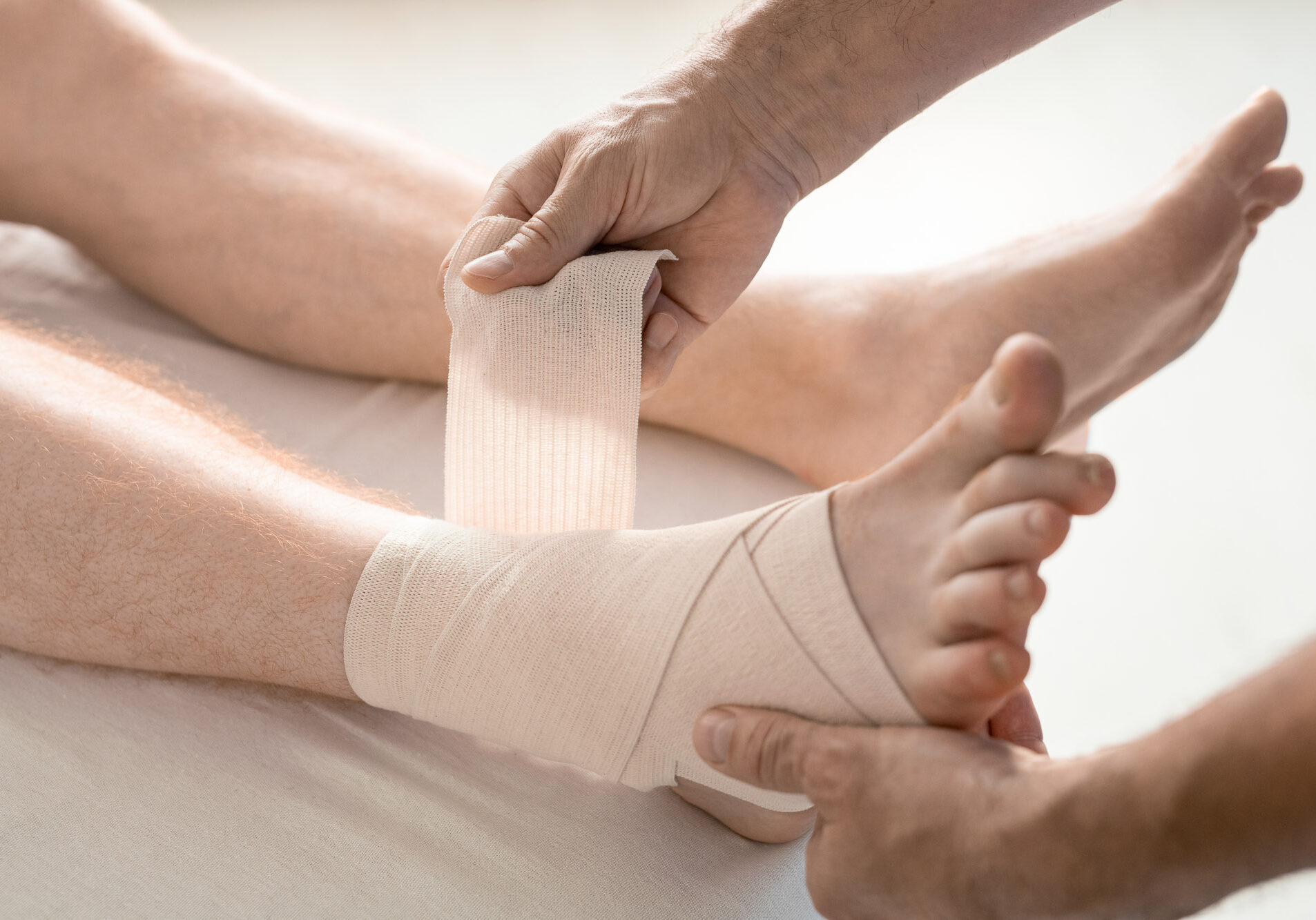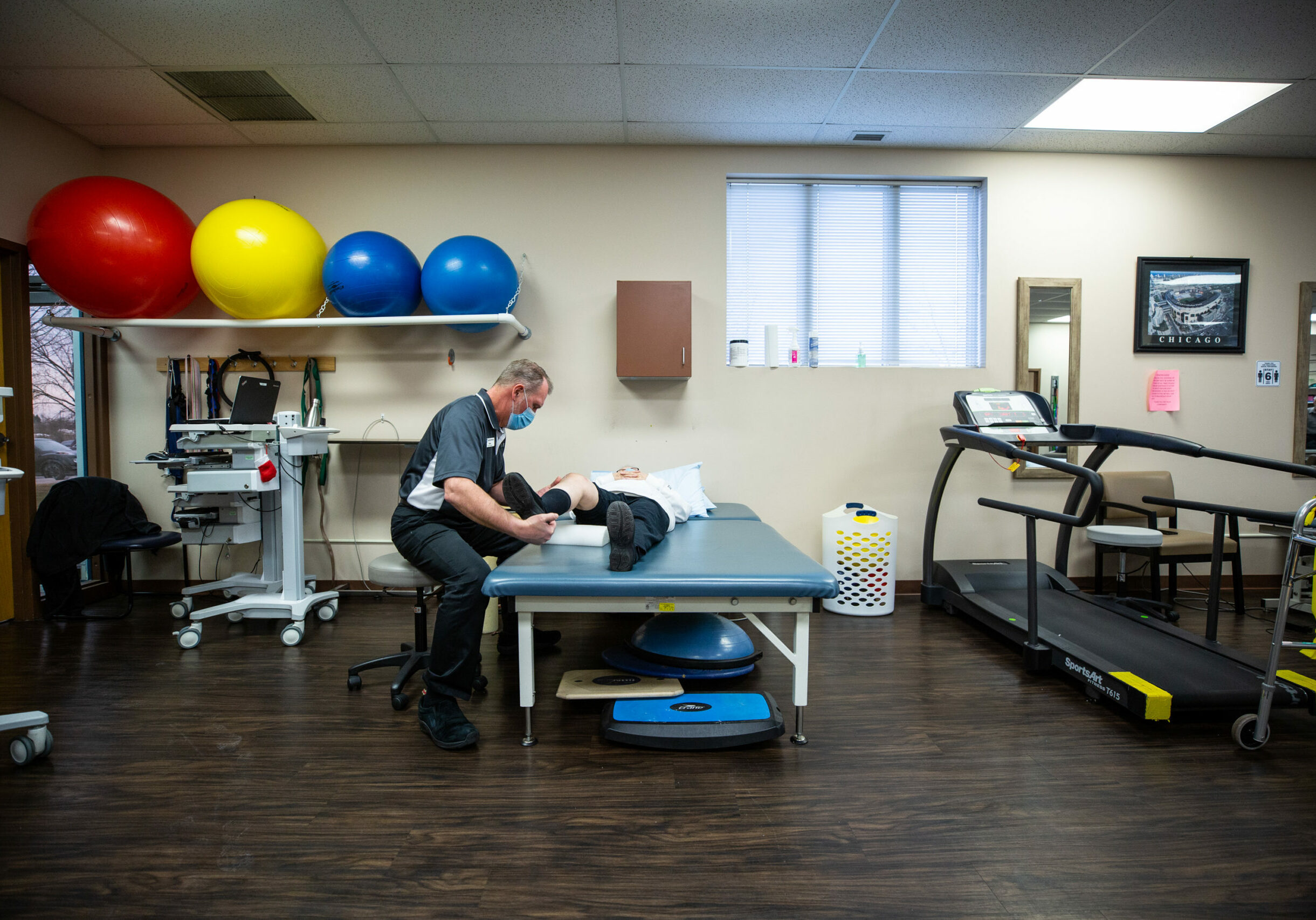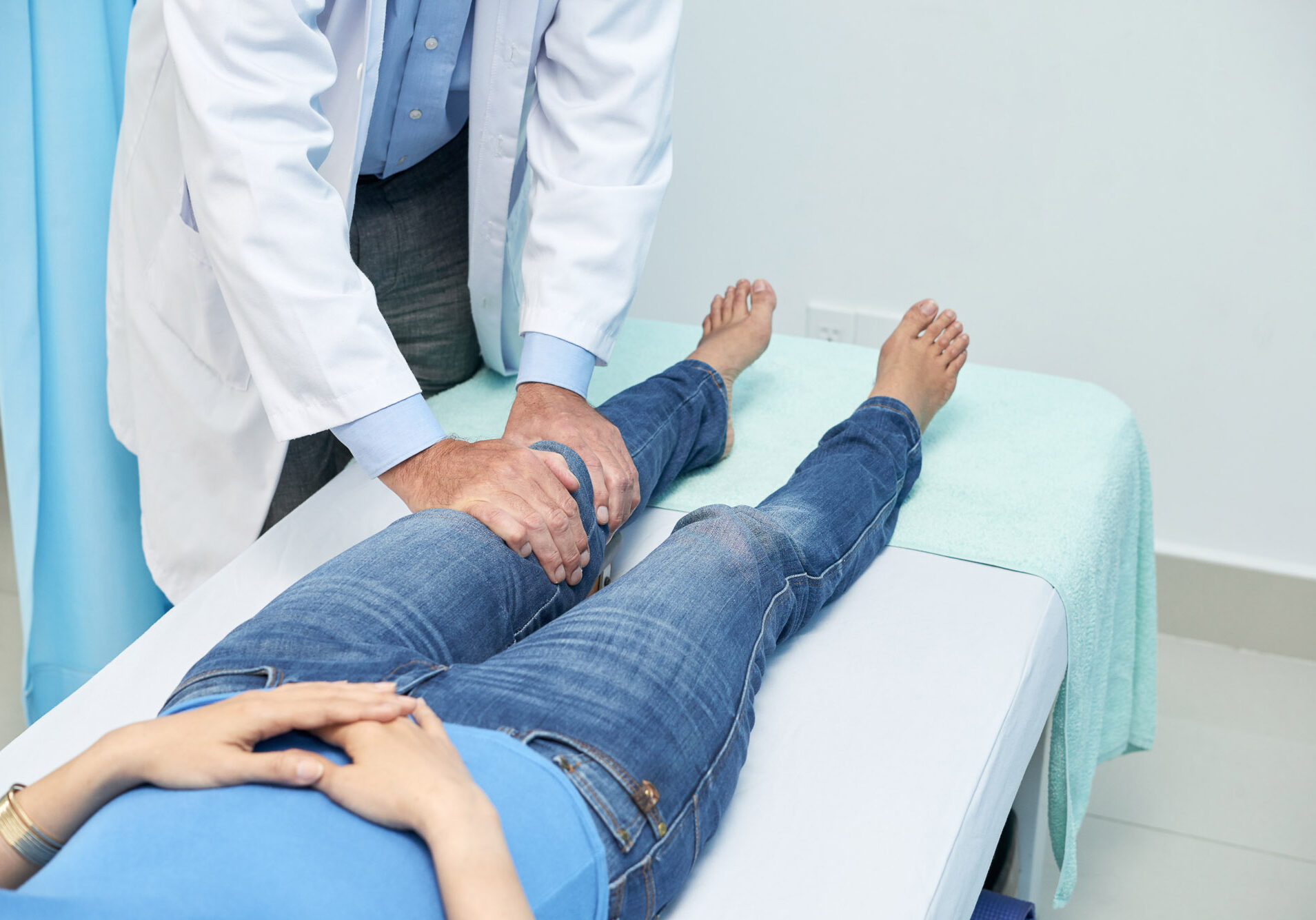The thumb joint is referred to as the basal joint or the carpal metacarpal (CMC) joint of the thumb. Arthritis in the thumb joint is known as basilar arthritis. As the cartilage that covers the bones of the thumb and wrist is damaged, arthritis related symptoms present.
Causes and Symptoms
Basilar arthritis can be caused by the following:
- Rheumatoid arthritis. An immune system disease.
- Osteoarthritis. Wear and tear that occurs with aging.
- Post-traumatic arthritis. Arthritis following an injury (i.e. a fracture or break)
Pain, aching, or discomfort associated with pinching and gripping movements may be an indication of basilar arthritis. The following symptoms may also be indicators:
- Swelling
- Tenderness
- Stiffness
- A bony prominence over the joint
- Weakness
Symptom severity ranges. Mild cases of basilar arthritis may produce little to no symptoms. A Severe Case of basilar arthritis may limit a patient’s ability to use their hand. The first step in treating the symptoms of basilar arthritis is making an appointment with an Orthopedic hand specialist.
Diagnosis
A detailed medical history, thorough physical examination, and x-rays used to evaluate the basilar joint and diagnose basilar arthritis.
Nonsurgical Treatment
Early stage basilar arthritis can be effectively treated using non-surgical treatment options such as the following:
- Ice. Applying ice over the joint reduces pain and inflammation. Ice may be applied in 20-30-minute intervals throughout the day.
- A brace or splint. Temporary immobilization gives inflammation a chance to subside.
- Anti-inflammatory medications. Nonsteroidal anti-inflammatory drugs such as ibuprofen and naproxen are effective.
- Rest. Slowing down or stopping activities that produce symptoms helps manage their severity and frequency.
When nonsurgical treatment does not improve symptoms, corticosteroids can be administered via injection into the joint. Often times, an injection provides fast acting pain relief. Because relief is only temporary, injections can be repeated in 3-month-intervals.
Surgical Treatment
Surgery may be required to treat severe basilar joint arthritis. The joint may be debrided, reconstructed, or fused to improve symptoms. Surgery is generally performed on an outpatient basis.
Our Specialties
The team at OSNI covers a wide variety of specialties for orthopedic needs. Take a look at them all below and reach out to our team by visiting our contact page to schedule a visit.









